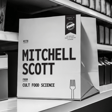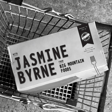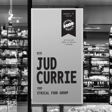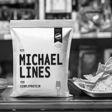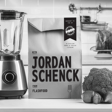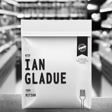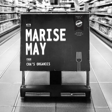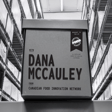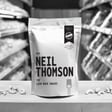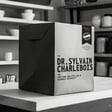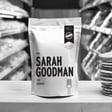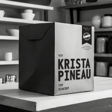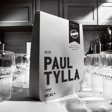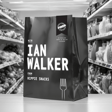
Richa Gupta | Good Food for Good
Years ago the International section held some remarkable discoveries but now the flavours and inspiration found it traditional plant-based recipes from around the world are found throughout the grocery store… even in the ketchup aisle.
On this episode of Aisle 42 I talk with founder Richa Gupta from Good Food for Good and we talk about her passion for family eating that’s full of variety and nutritious choices that everyone, even our kids, can enjoy.
We explore her innovative approach to creating convenient, wholesome pantry staples that are packed with organic ingredients, free from added sugars, soy, corn syrup, gluten, dairy, or preservatives.
She walks us through her Whole 30 approval approach.
We talk about our favourite Indian, Mexican and Italian sauces and we cover some really important ground with their Buy One, Feed One initiative.
You’re going to love listening in.
To learn more about these amazing plant-based sauces visit https://goodfoodforgood.ca.
To learn more about the makers of this podcast go to: https://www.ethicalfoodgroup.com/podcast.
Here’s a summary of this interview:
Introduction and Connection: Corwin Hiebert and Richa Gupta finally connect after meeting at food shows, excited to discuss Good Food for Good's impact.
Vision for Future Grocery Stores: Richa envisions grocery stores full of fresh produce, recipe cards, and videos to inspire and educate customers on using fresh ingredients.
Nutrition and Variety: Emphasizes the importance of variety in diets for gut health, aiming for 40 different plants a week compared to the average 10.
Product Line Overview: Good Food for Good offers condiments like ketchups and BBQ sauces with no added sugar, Indian and Mexican sauces, and a unique pumpkin seed pasta sauce for added plant-based protein.
Whole 30 Approved: Discusses the Whole 30 approval for their products, aligning with their philosophy of avoiding sugar and artificial ingredients.
Commitment to Organic Ingredients: The challenge and importance of maintaining a 100% organic product line, emphasizing the benefits for both humans and the planet.
Buy One, Feed One Initiative: For every product purchased, a meal is provided to a person in need through partnerships with food banks in Canada, India, and the US, having donated over two million meals.
Packaging Choices: The decision to use glass jars instead of plastic to reduce waste and promote reusability, despite higher costs and lower recycling rates.
Popular Products: Their ketchup is the best-seller, praised for its taste and lack of added sugars, with children being a key test market.
Expansion and Availability: Good Food for Good products are available across Canada and the US in major retailers like Whole Foods, Loblaw, Safeway, and online markets.

